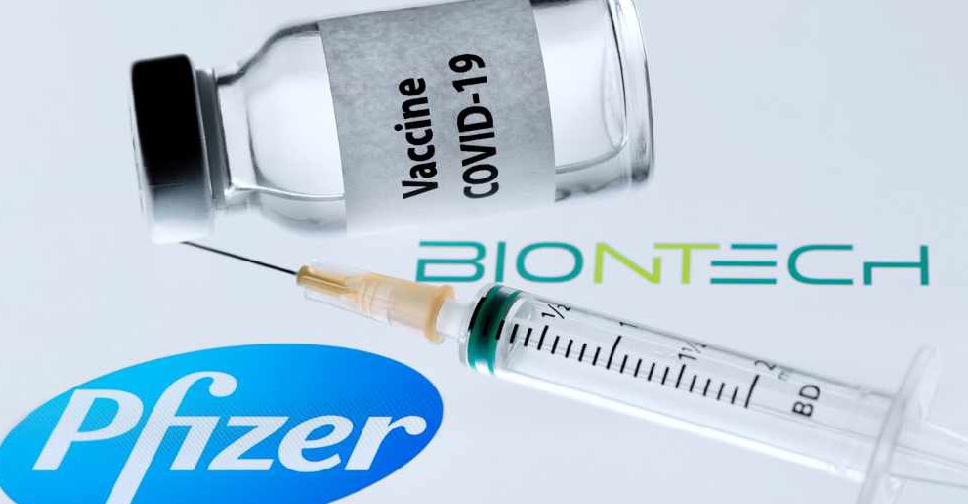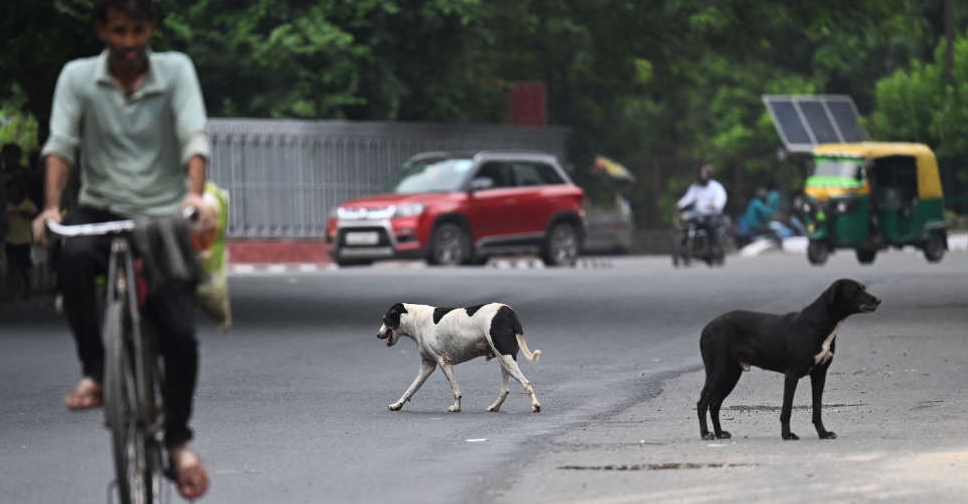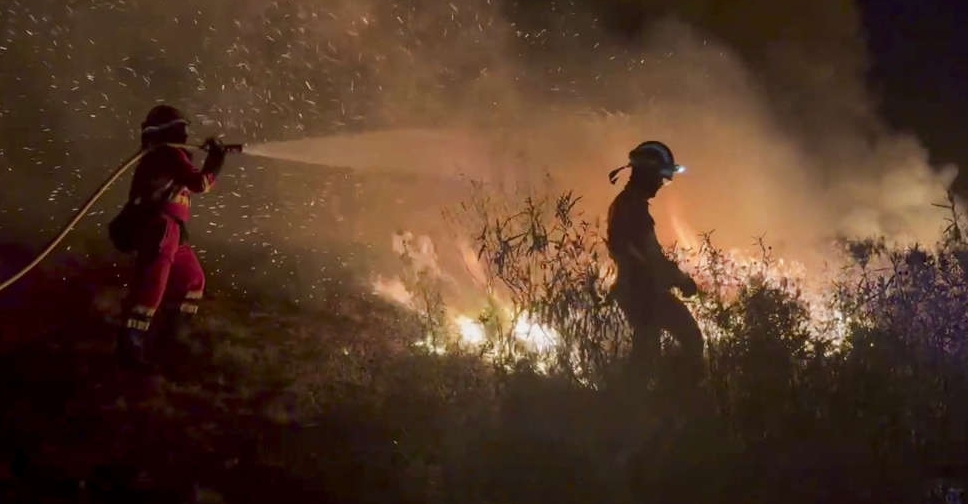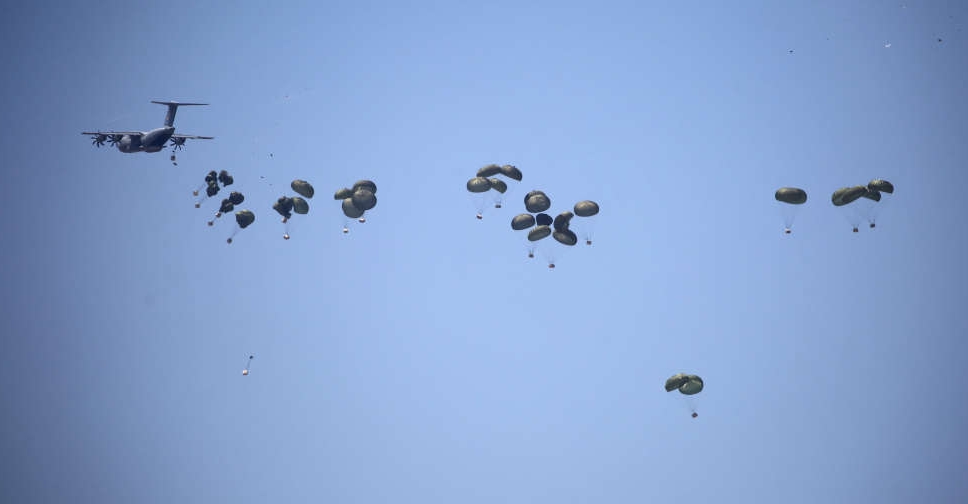
Britain's medicine regulator said anyone with a history of anaphylaxis to a medicine or food should not get the Pfizer-BioNTech COVID-19 vaccine, giving fuller guidance on an earlier allergy warning about the shot.
Starting with the elderly and frontline workers, Britain began mass vaccinating its population on Tuesday, part of a global drive that poses one of the biggest logistical challenges in peacetime history.
The Medicines and Healthcare Products Regulatory Agency (MHRA) said there had been two reports of anaphylaxis and one report of a possible allergic reaction since rollout began.
"Any person with a history of anaphylaxis to a vaccine, medicine or food should not receive the Pfizer BioNTech vaccine," MHRA Chief Executive June Raine said in a statement.
"Most people will not get anaphylaxis and the benefits in protecting people against COVID-19 outweigh the risks... You can be completely confident that this vaccine has met the MHRA’s robust standards of safety, quality and effectiveness."
Anaphylaxis is an overreaction of the body's immune system, which the National Health Service describes as severe and sometimes life-threatening.
The fuller guidance, clarifying that the main risk was from anaphylaxis specifically, was issued after consulting experts on allergies. The MHRA had initially advised anyone with a history of a "significant allergic reaction" not to take the shot.
Pfizer and BioNTech said they were supporting the MHRA's investigation.
Last week, Britain's MHRA became the first in the world to approve the vaccine, developed by Germany's BioNTech and Pfizer, while the U.S. Food and Drug Administration (FDA) and European Medicines Agency (EMA) continue to assess the data.
A top US official said on Wednesday that Americans with known severe allergic reactions may not be candidates for Pfizer's COVID-19 vaccine until more was understood about what had happened.
Canada's health ministry said it would look at the reported adverse reactions in Britain, but said adverse events were to be expected and would not necessarily change the risk/benefit of the shot, after the country approved the vaccine.


 Israel strike kills Al Jazeera journalists in Gaza
Israel strike kills Al Jazeera journalists in Gaza
 Australia to recognise Palestinian state at UN in September
Australia to recognise Palestinian state at UN in September
 India's top court orders Delhi authorities to move stray dogs to shelters
India's top court orders Delhi authorities to move stray dogs to shelters
 Arab League condemns Israeli plan to impose control over Gaza
Arab League condemns Israeli plan to impose control over Gaza
 Firefighters battle 'fire whirls' in northern Spain
Firefighters battle 'fire whirls' in northern Spain




